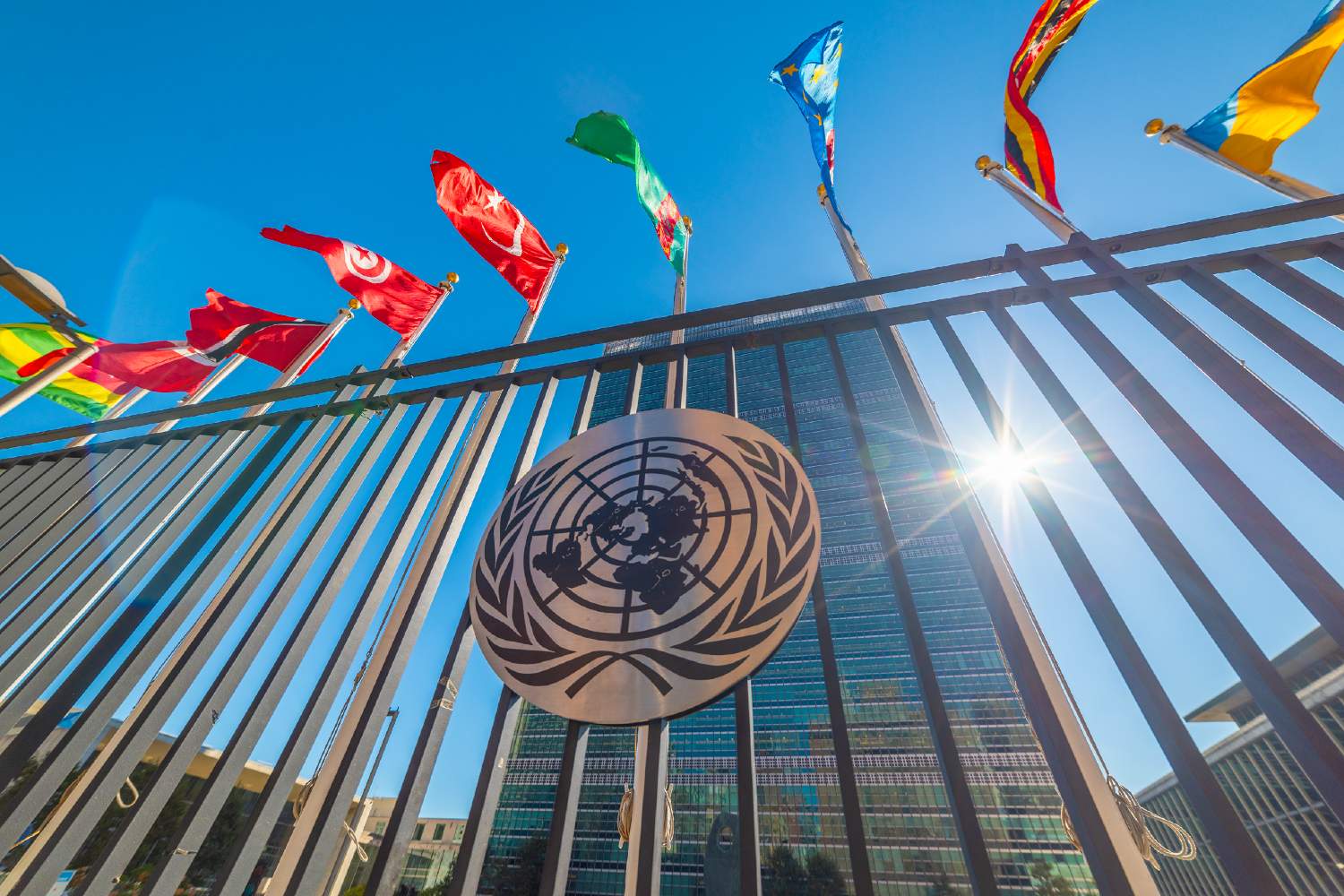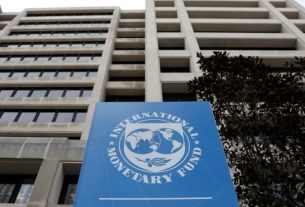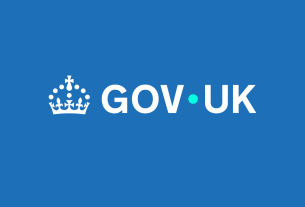GENEVA, Oct. 21, 2025 — The United Nations Conference on Trade and Development (UNCTAD) convened its 16th session this week, bringing together representatives from 195 member states to assess the impact of rising protectionism—particularly U.S. tariffs—on developing economies and the global trade system.
Tariffs and Debt: A Dual Crisis
In her opening remarks, Rebeca Grynspan, UNCTAD Secretary-General, described the current landscape as a “debt and development crisis,” exacerbated by trade uncertainty. “Uncertainty is the highest tariff possible,” she said, warning that it discourages investment, slows growth, and undermines trade as a path to development JURIST.
Grynspan highlighted that 72% of global trade remains governed by WTO rules, which prohibit discrimination against domestic suppliers based on foreign ownership under Article III. However, she noted that U.S. tariffs imposed on multiple trade partners—including China, the EU, Indonesia, Mexico, and Canada—are testing the limits of these rules JURIST.
Mounting Debt in Developing Nations
Annalena Baerbock, President of the UN General Assembly, emphasized the growing debt burden, stating that developing countries owed $31 billion in 2024. She warned that when global trade appears to benefit only a few, it erodes trust in multilateral institutions. “Half of humanity has seen no rise in income for a generation,” Baerbock said JURIST.
WTO Reform and Legal Challenges
Ngozi Okonjo-Iweala, Director-General of the World Trade Organization, called for a pragmatic overhaul of post-war institutions like the WTO and UN. “Preserve what works, reform what no longer does, and reposition for a digital and green future,” she urged JURIST.
The conference also addressed the legal scrutiny of U.S. tariffs, with the U.S. Supreme Court set to hear oral arguments in November on their constitutionality. The tariffs, introduced by President Donald Trump during his second term, have sparked diplomatic tensions and raised questions about compliance with WTO obligations JURIST.
Outlook
Delegates agreed that multilateral cooperation and rules-based trade remain essential to restoring predictability and equity in global commerce. UNCTAD 16 is expected to produce a framework for debt relief, investment redirection, and trade system modernization, with final resolutions due by the end of the week.
Summary: At UNCTAD 16, global leaders warned that U.S. tariffs are straining developing economies, undermining WTO principles, and fueling a broader crisis of debt and inequality. Calls for reform and legal review signal a pivotal moment for the future of international trade.
Excerpts from jurist.org article by Paige Miller | U. Arizona College of Law, US



